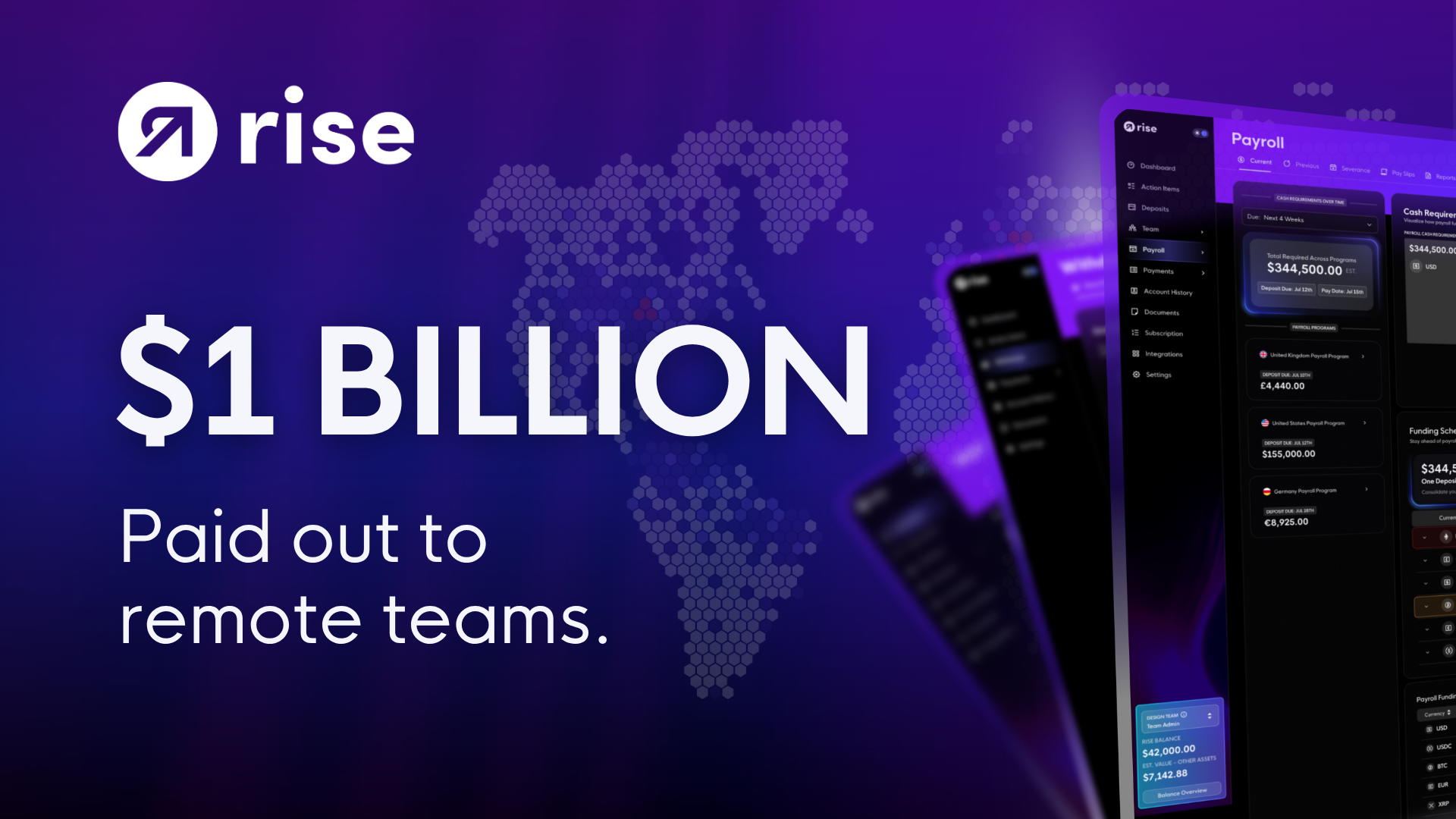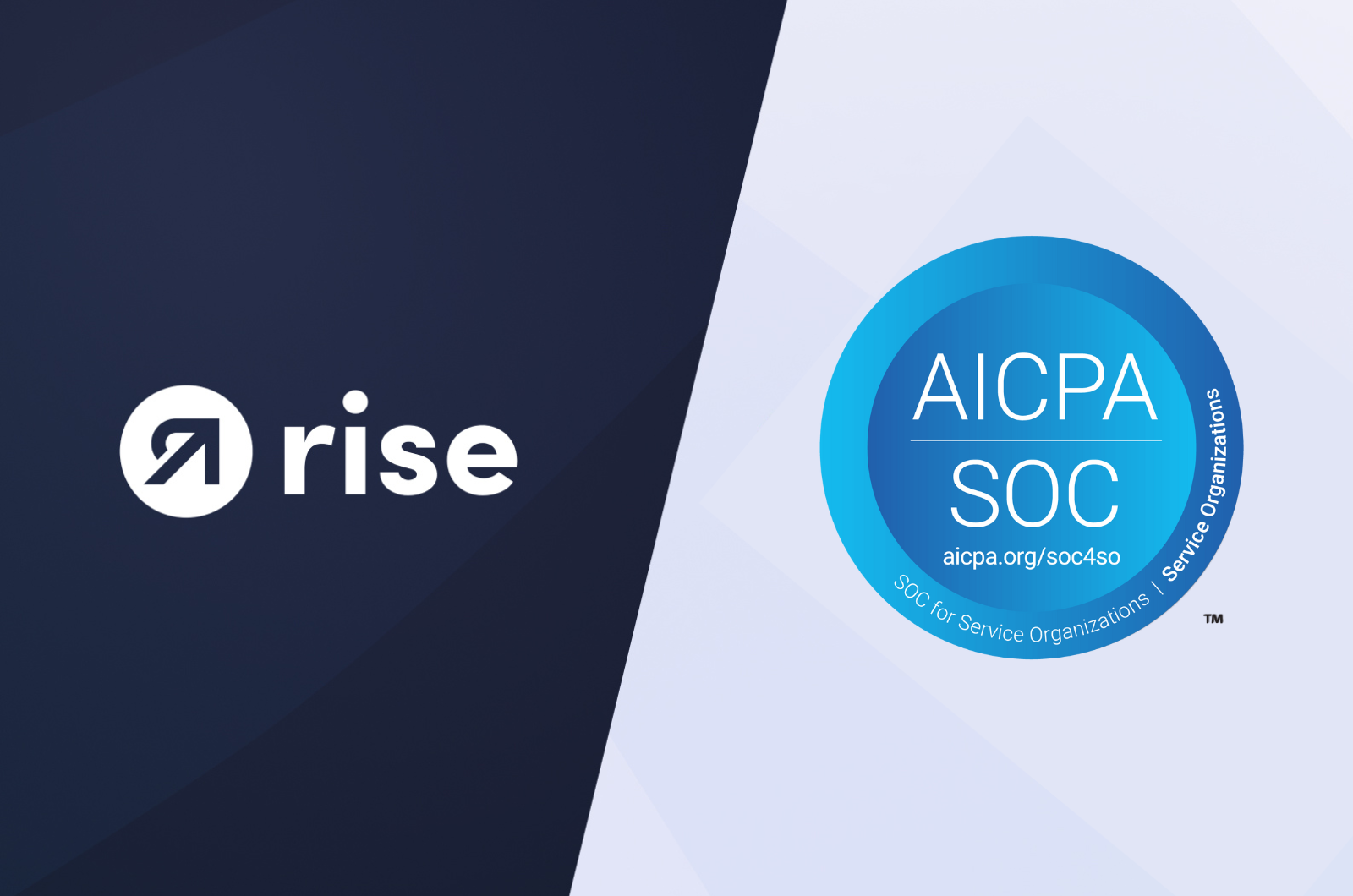

We just launched our new brand. Check it out and see how we are changing the Remote Payment HR world forever.
Payroll Management
It involves various tasks such as calculating wages, withholding taxes, processing payments, and ensuring compliance with local laws and regulations.
Key Elements of Payroll Management
- Employee Data Management: Maintaining accurate records of employee details, salary structures, working hours, benefits, and deductions.
- Payroll Calculation: Computing gross pay, deductions (such as taxes and social contributions), and net pay for each employee.
- Tax Compliance: Ensuring accurate withholding of taxes and filing payroll tax returns in line with government regulations.
- Payment Processing: Disbursing wages on time via direct deposit, checks, or through digital payment methods like crypto payroll.
- Record-Keeping: Maintaining payroll records for auditing purposes, ensuring compliance with legal requirements.
- Reporting: Generating payroll reports for management, HR departments, or government bodies as needed.
Why Is Payroll Management Important?
Efficient payroll management is crucial for:
- Employee Satisfaction: Timely and accurate payments foster trust and job satisfaction.
- Compliance: Prevents legal issues related to tax evasion or incorrect payroll reporting.
- Financial Planning: Payroll data helps in budgeting and forecasting for business operations.
- Risk Management: Minimizes the risk of payroll fraud or errors.
Payroll Management in a Global Context
With the rise of remote work and global contractors, global payroll management involves managing payroll for employees across different countries.
This requires navigating complex local labor laws, tax regulations, and currency conversions.
Challenges in Payroll Management
Some of the common challenges include:
- Regulatory Changes: Keeping up with evolving tax laws and employment regulations.
- Time-Consuming Processes: Manual payroll processes can be tedious and prone to errors.
- Data Security: Safeguarding sensitive employee and financial data from cyber threats.
- Cross-Border Payroll: Managing payroll across multiple countries with different tax and compliance requirements.
How Crypto Payroll Enhances Payroll Management
With the increasing adoption of cryptocurrencies, many businesses are integrating crypto payroll solutions, allowing employees and contractors to receive payments in Bitcoin, Ethereum, and stablecoins.
Crypto payroll offers:
- Speed: Faster cross-border payments compared to traditional banking systems.
- Lower Costs: Reduced transaction fees for international payments.
- Financial Inclusion: Payment options for employees in countries with limited banking infrastructure.
Best Practices for Payroll Management
- Automate Payroll Processes: Use software to reduce manual errors and save time.
- Stay Compliant: Regularly update your payroll system to comply with changing regulations.
- Secure Data: Implement robust cybersecurity measures to protect payroll data.
- Maintain Transparency: Keep employees informed about their pay, deductions, and benefits.
Frequently Asked Questions About Payroll Management
1. What is the difference between payroll management and payroll processing? Payroll management refers to the overall strategy and system of handling payroll, while payroll processing focuses on the specific task of calculating and distributing pay.
2. How often should payroll be processed? Payroll is typically processed on a weekly, bi-weekly, or monthly basis, depending on the organization’s policy and local regulations.
3. Can small businesses manage payroll in-house? Yes, small businesses can manage payroll in-house using payroll software, though many opt for outsourcing to ensure compliance and reduce the administrative burden.
Related Terms
Revolutionize your Payroll & Empower your People
Get access to the definitive guide on web3-enabled payroll and compliance solutions










.png)



